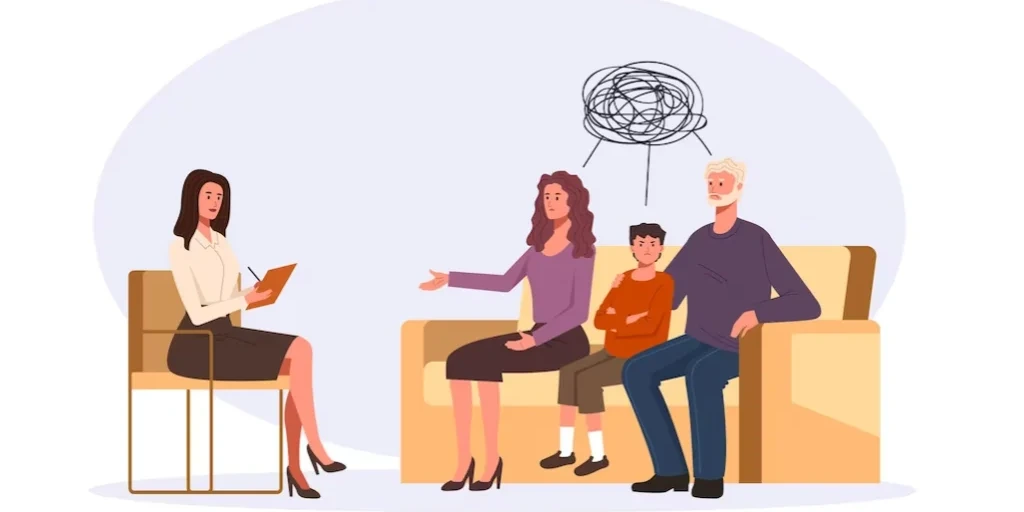24/7 Helpline:
(866) 899-221924/7 Helpline:
(866) 899-2219
Learn more about Depression Treatment centers in Lake County
Depression Treatment in Other Counties

Other Insurance Options

Optima

Absolute Total Care

Ceridian

UMR

Self-pay options

Anthem

Aetna

BlueShield

Medical Mutual of Ohio

MHNNet Behavioral Health

Regence

Humana

BlueCross

Horizon Healthcare Service

Magellan

Sliding scale payment assistance

Providence

AllWell

Molina Healthcare

Optum































































































Western Montana Mental Health Center – Lake County Addiction Services
Western Montana Mental Health Center – Lake County Addiction Services is a private rehab located in ...

Western Montana Mental Health Center
Western Montana Mental Health Center is a private rehab located in Polson, Montana. Western Montana ...

Sunburst Mental Health Services
Sunburst Mental Health Services is a private rehab located in Polson, Montana. Sunburst Mental Healt...

Sunburst Mental Health Services
Sunburst Mental Health Services is a private rehab located in Saint Ignatius, Montana. Sunburst Ment...

Lake County Chemical Dependency
Lake County Chemical Dependency is a private rehab located in Polson, Montana. Lake County Chemical ...

Western Montana Mental Health Center
Western Montana Mental Health Center is a private rehab located in Ronan, Montana. Western Montana M...

Tribal Health Alcoholism
Tribal Health Alcoholism is a private rehab located in Polson, Montana. Tribal Health Alcoholism spe...














































